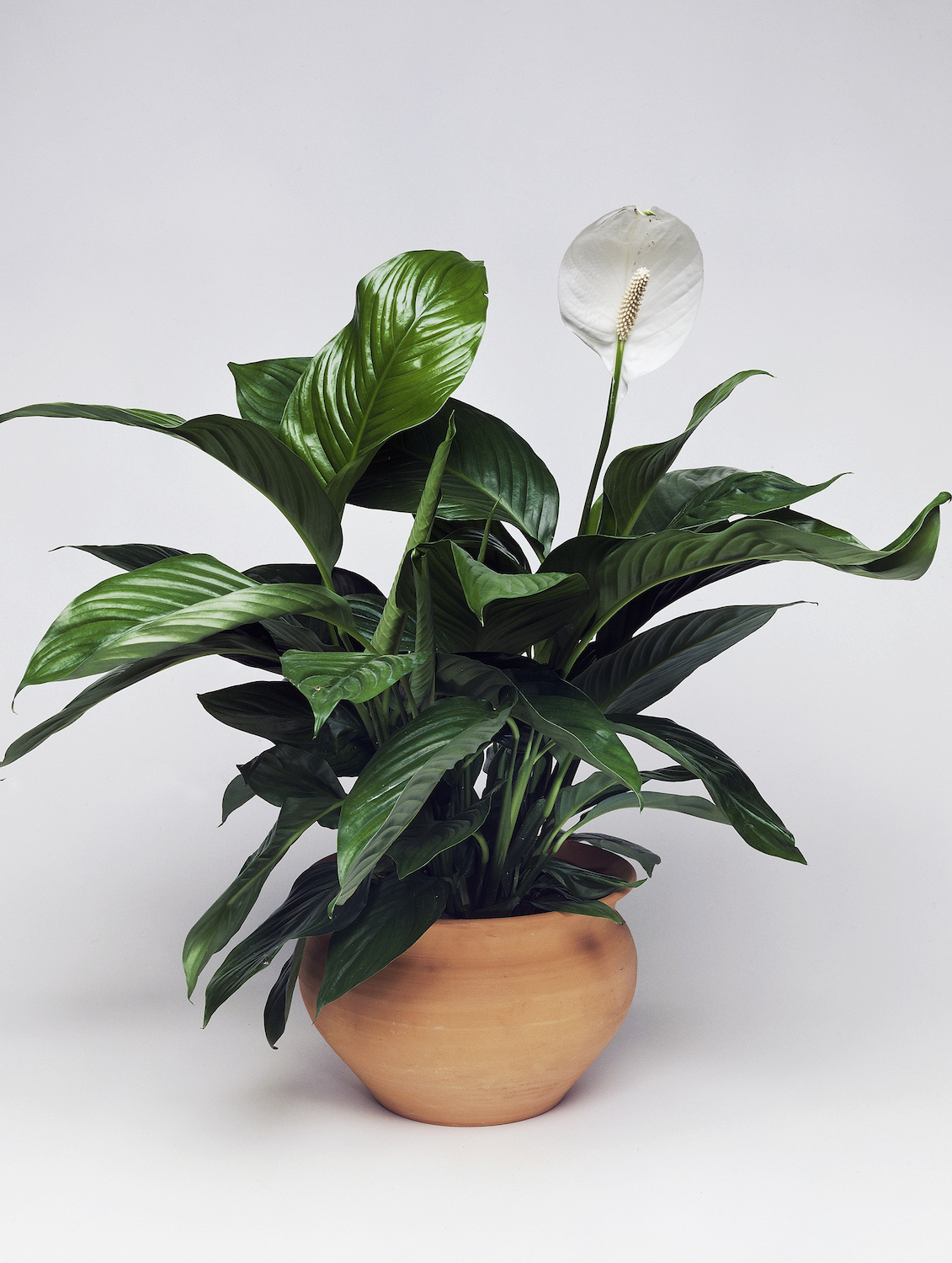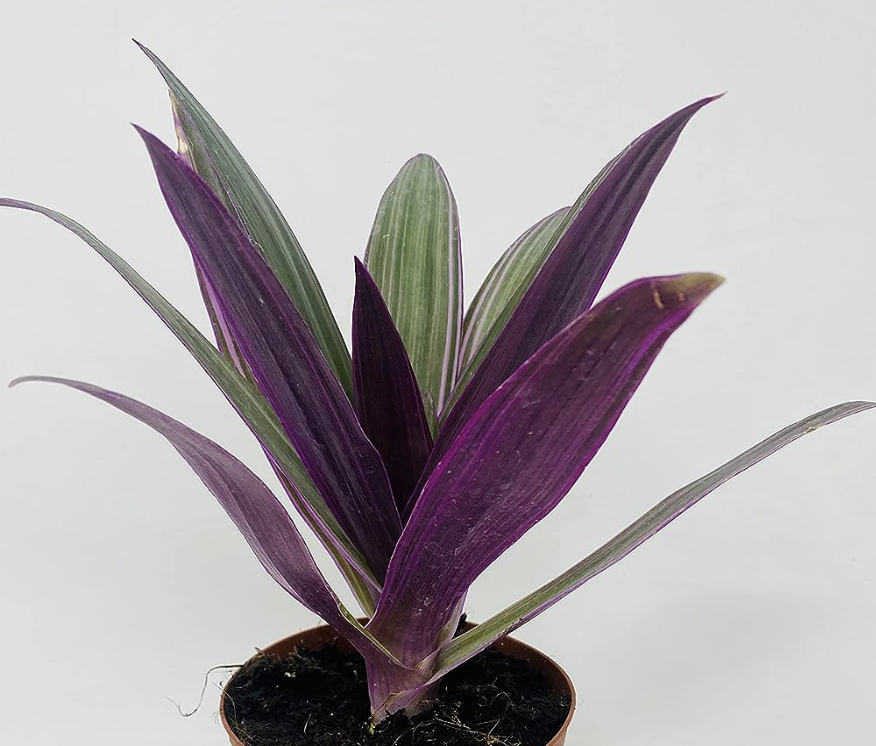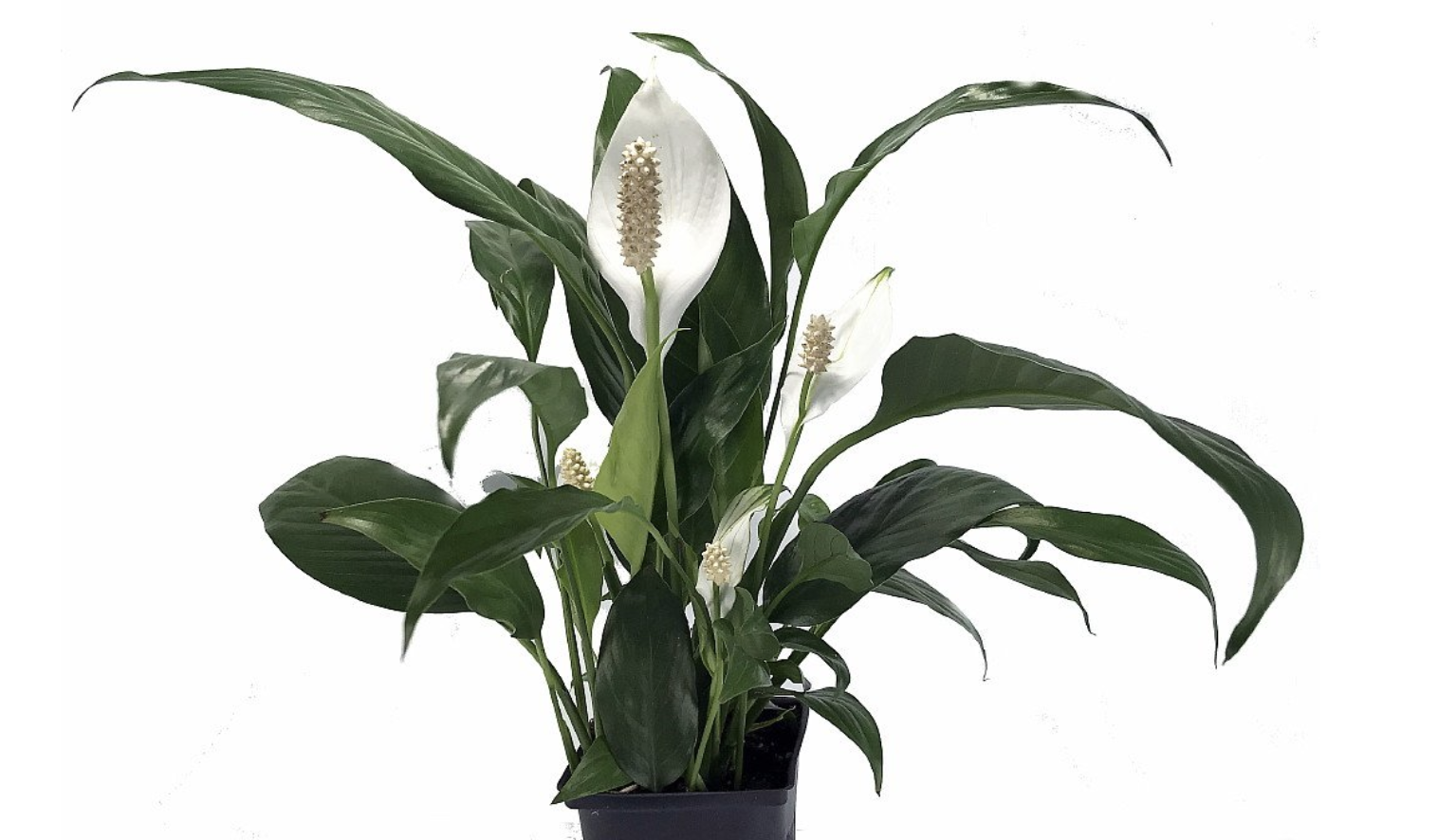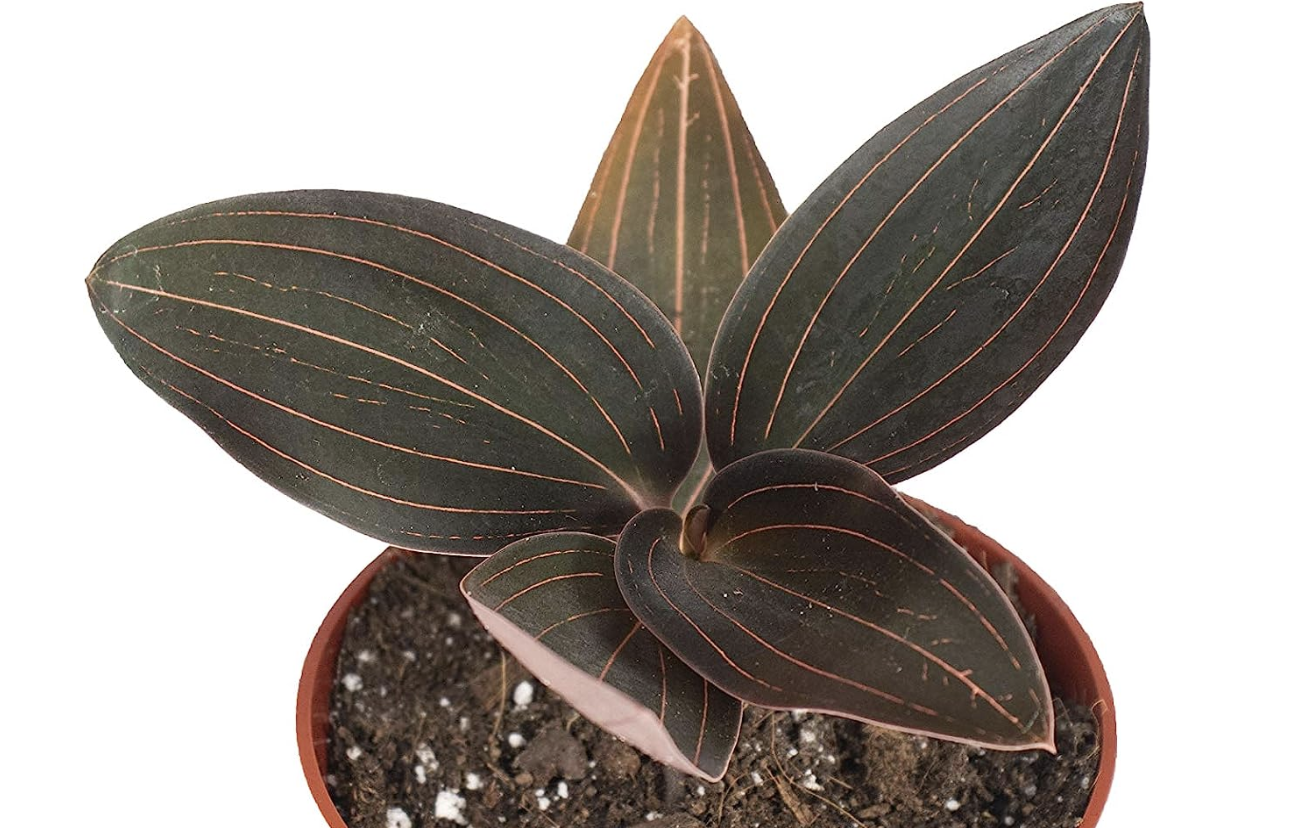The best indoor flowering plants that need little or no sunlight - how darker corners can flourish
Expert advice on shade-loving species for a glorious indoor garden that will work in even the darkest of corners

The Livingetc newsletters are your inside source for what’s shaping interiors now - and what’s next. Discover trend forecasts, smart style ideas, and curated shopping inspiration that brings design to life. Subscribe today and stay ahead of the curve.
You are now subscribed
Your newsletter sign-up was successful
Do you struggle to get flowering houseplants to bloom? It's not the lack of a green thumb, but the shortage of light that's likely the issue. Most plants need inordinate levels of light to bloom, however, there are some indoor flowering plants that need little or no sunlight.
Whether you live in a north-facing house with small windows, a shady basement apartment or your rooms are shrouded with trees outside, discover the flowering plants that will thrive in an indoor garden with low-light conditions.
'The primary factor to consider when choosing a plant is light,' says Lisa Eldred Steinkopf, the houseplant guru and author of Grow in the Dark by Cool Springs Press. 'Quite often, high-light plants are purchased and placed in a low-light situation and vice versa.
'It is not as difficult as you think to find a plant that will live in your light levels. The key is to do a little research before you purchase a plant.'
Lisa Eldred Steinkopf is The Houseplant Guru, who features all things houseplants on her blog, thehouseplantguru.com. She is the author of Bloom, Houseplants and Grow in the Dark and has written for HGTVgardens.com, Real Simple magazine, Michigan Gardener Magazine, the houseplant section of Allan Armitage’s Greatest Perennials and Annuals app, and Michigan Gardening Magazine, where she writes a monthly column. She worked for more than a decade at Steinkopf Nursery as the Annuals and Houseplants Manager. She harbors well over 1,000 houseplants in her home.
Indoor flowering plants that need little or no sunlight
'It is important to know whether your windows face east, west, north, or south,' continues Lisa. 'Most homes and large apartments have windows facing multiple exposures. If, however, you live in a small apartment, you may have windows that face only one direction.'
'If you find you do not have enough sunlight to sustain the plants you want to grow, you always have the choice to add supplemental light in the form of electric lights. LED lights are the newest lighting method used for plants; they are much more energy-efficient than fluorescent lights.' Hydroponic gardening is also an option, and can be done inexpensively with just a bit of kit to get you started.
'Alternatively, place mirrors across the room from your windows. It makes the room appear larger and gives your plants a bit of extra light,' Lisa adds.
The Livingetc newsletters are your inside source for what’s shaping interiors now - and what’s next. Discover trend forecasts, smart style ideas, and curated shopping inspiration that brings design to life. Subscribe today and stay ahead of the curve.
1. Oyster plant (Rhoeo spathacea)

Hailing from the humid regions of Central America, Rhoeo spathacea aka 'Moses in the Cradle' is usually found growing in the shade of taller plants. Loved for its distinct tricolor foliage, the Oyster plant also produces little white petals on its cradle-like bracts. The two bracts that surround this plant’s small white flower resemble shells, hence the common name of Oyster plant.
'This plant, used for a ground cover in the south, makes a good low to medium-light houseplant too,' says Lisa. 'Non-variegated cultivars can take the lower light of a north or east window.
'Keep this plant evenly moist. But do not overwater it, as it easily rots. It is better to err on the side of too dry rather than too wet. It appreciates a higher humidity to ensure the tips do not turn brown.' In other words, it's one of the best low maintenance plants for indoor gardening.
2. Peace lily (Spathiphyllum)

Loved by beginners and busy people, the Peace Lily is a perfect low-maintenance plant. Mainly because it droops dramatically when it's deprived of water, it lets you know when it's been neglected. With a name like that, it's often seen in indoor zen gardens.
It can also thrive in lower light conditions than many other plants, making it one of the more forgiving types of foliage to have in your home. It also produces pretty white spathes, which look like flowers, adding an attractive flourish.
'The peace lily can tolerate medium to low light, but flowers may not appear in a low light,' says Lisa. 'An east or north window would work well, with the east window producing flowers. It will flower 5 to 6 feet away from a west window.
'This plant does not like to dry out, so keep it evenly moist. Although it will wilt from underwatering, it comes back quite well as soon as it's watered. Some use the wilting as a visual indicator to water, but if that happens often, leaves will start dying back from the tips and yellow leaves will appear.'
3. Black jewel orchid (Ludisia discolor)

This plant is easy to propagate and is primarily prized for its eye-catching pin-striped foliage, rather than its flowers. Compared to its cousin, the moth orchid with its showy blooms, the black jewel orchid has small, white, dainty flowers. It's an intriguing tropical flower to grow indoors.
The blooms tend to appear in the fall and last for around a month. However, with or without flowers, the black jewel orchid makes an attractive display.
'Jewel orchids are found in shady places in their native habitat,' says Lisa. 'The foliage is only a few inches high, but the stems do extend over the edge of the pot and hang down approximately 8 to 10 inches. These plants make an excellent hanging basket.
'This plant can grow well in a lower light, however it won’t have any blooms. They need bright light to bloom, so give them medium light such as that from an east window. Turn it regularly to promote flowering on the entire plant.'
Jacky Parker is a freelance lifestyle journalist and writer, producing a wide range of features for magazines and digital platforms. She has written for Livingetc and its sister titles, Homes & Gardens and Country Homes & Interiors for more than 15 years, both as a freelance contributor and as Acting Digital Editor and Acting Style Content Editor, regularly reporting on the latest interiors, gardens and wellness inspiration, speaking to experts in their respective fields, and discovering the best tips.
Jacky has also written for other publications, including Sunday Times Style, The Telegraph, Architectural Digest, House Beautiful, ELLE Decoration, Red, Grand Designs and more.


